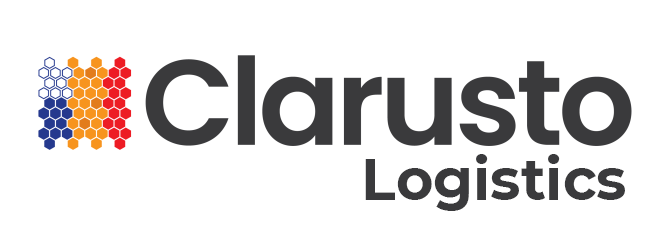Discover how data analytics helps reduce supply chain costs by optimizing processes, improving decision-making, and boosting efficiency. Introduction: In today’s competitive business environment, supply chain efficiency is a vital determinant of success. As supply chains grow more complex, companies are increasingly leveraging analytics in supply chain management to reduce costs, optimize processes, and improve decision-making. From demand forecasting to route optimization, Analytics in Supply Chain Management offers a range of tools to drive down operational costs and boost overall performance. This blog explores how data analytics plays a pivotal role in reducing supply chain costs and improving profitability. How Data Analytics in Supply Chain Management Reduces Costs and Boosts Efficiency One of the most significant cost factors in supply chains is inventory management. Maintaining excess inventory ties up capital and increases storage costs, while insufficient inventory leads to stockouts and lost sales. With analytics in supply chain management for inventory management, companies can gain real-time insights into inventory levels, predict demand more accurately, and balance supply with customer needs. Analytics in Supply Chain Management uses advanced algorithms to analyze historical data, sales trends, and market fluctuations to create predictive models. These models help companies make more informed decisions regarding inventory replenishment, ensuring they maintain optimal stock levels while reducing unnecessary storage expenses. Accurate demand forecasting is critical for reducing excess inventory, minimizing waste, and ensuring timely deliveries. Traditional forecasting methods often rely on limited historical data, leading to inaccurate predictions and inefficiencies. However, data-driven forecasting leverages a wealth of data sources, including customer behavior, market trends, and external factors like seasonality. By employing machine learning and AI-driven analytics, companies can generate more accurate demand forecasts, reducing the risk of overproduction or underproduction. This not only lowers inventory costs but also helps businesses avoid unnecessary production and transportation expenses. The procurement process is another area where data analytics can significantly reduce costs. Supplier performance analytics enables companies to evaluate the reliability, delivery speed, and cost-effectiveness of their suppliers. By analyzing past performance data, companies can identify the most efficient and cost-effective suppliers and negotiate better contracts. Moreover, data analytics in procurement allows for better tracking of market prices for raw materials and components, enabling companies to make more strategic purchasing decisions. This leads to cost savings through bulk purchasing, better payment terms, or finding alternative suppliers with lower costs. Transportation is a major cost driver in any supply chain. Inefficient routing, delays, and fuel consumption contribute significantly to high logistics costs. Analytics in Supply Chain Management can optimize transportation routes by analyzing real-time data on traffic, weather conditions, and delivery schedules. By using analytics in supply chain management and route optimization algorithms, companies can plan more efficient delivery routes, reducing fuel consumption, minimizing delivery times, and improving overall operational efficiency. This results in significant cost savings, particularly for companies with large-scale delivery operations. Waste in supply chain processes—whether due to inefficient workflows, damaged goods, or excessive transportation—can significantly increase operational costs. By leveraging process efficiency analytics, businesses can identify areas of waste and implement corrective measures….


